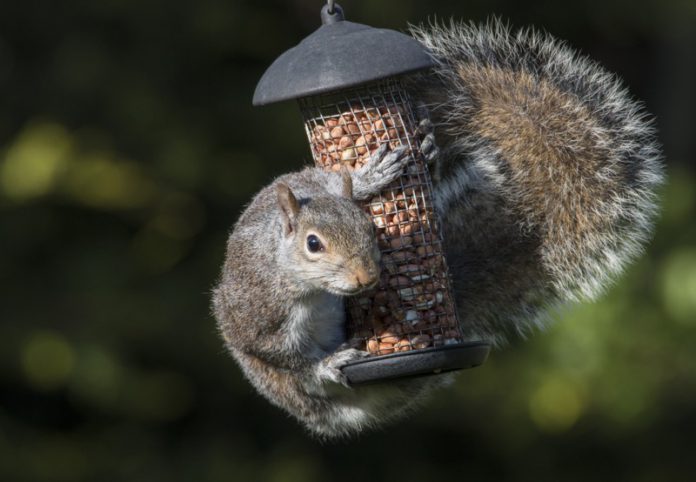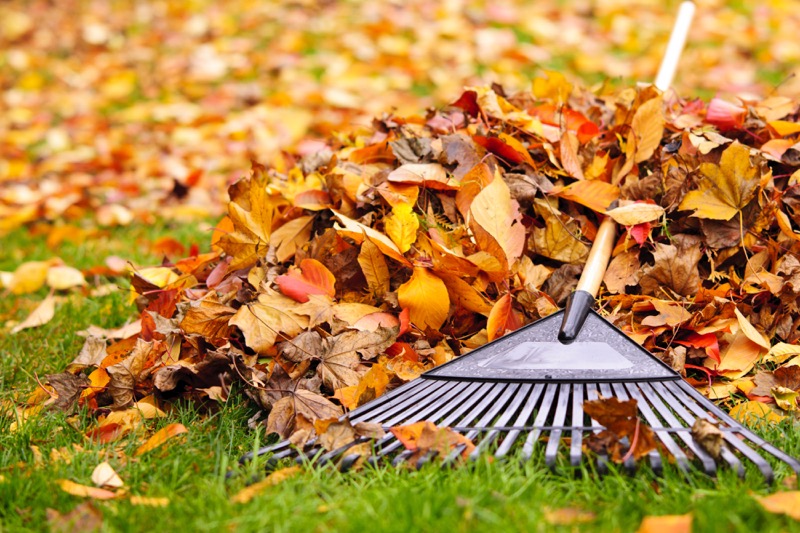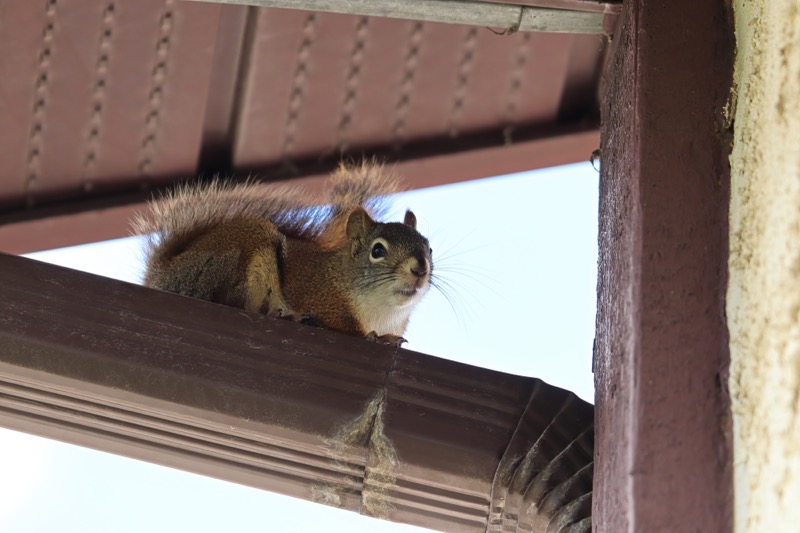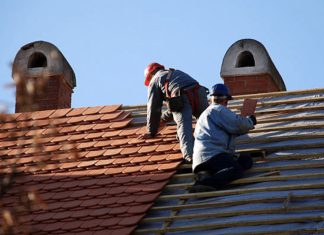
Squirrels may look cute and silly from a distance, but these are crafty animals that can seriously damage the attic. They get inside by taking advantage of vulnerabilities on the roof, then ruin the insulation with urine, feces, and debris. The holes they leave in the roof may also expose the attic to the elements, damaging it further with mold.
Protecting your attic from squirrels is a good idea. Here are some tips on how to keep squirrels out.
Trim tree branches away from the roof
Squirrels use tree branches to get to the roof. See if there are tree branches hanging over your roof and cut them back, so they are 4 feet away, at a minimum. This will help keep squirrels away from the attic while avoiding some serious damage. Tree branches risk breaking off in the winter, falling onto the roof and costing a fortune in repairs.
Clean the gutters
One of the simplest things you can do to keep squirrels out of the attic is to clean the gutters. Squirrels will nest in the gutters when they are blocked with leaves and debris. From there, they may enter the attic. Scoop out the debris in your gutters every spring and fall. Use a hose to clean everything out and ensure that water flows smoothly.
Maintain the yard
Squirrels are drawn to attics not only for their warmth and security but for their proximity to food. Don’t leave any fallen fruit on the ground and cover your vegetable garden with mesh. You can also protect your bulbs by burying them with a wire mesh on top. In the fall, rake the leaves. Limit anything that a squirrel could eat or use to build nests.
Reinforce soffits
Squirrels will use any gap they find to reach the attic. Check if there are gaps between your soffits and the walls of the home. If there are, seal them shut with caulking. Squirrels can fit through remarkably tight spaces. You should also reinforce the soffit panels above the downspouts with steel mesh. Squirrels use the downspouts for leverage, standing on top of them and chewing or pushing their way through the soffits above.
Repair gaps in the roof
While standing on a ladder, carefully examine the edges of your roof. With time, the edge of the roof may have split away from the framing of the house, leaving a gap for squirrels to chew or crawl through. Many older houses have these gaps. Seal them shut with mesh or metal flashing.
Cover your roof vents and chimneys
Squirrels have incredibly powerful teeth that can chew through plastic, vinyl, rubber, and aluminum. If a squirrel wants to get into your attic, it can chew its way through your plastic roof vents. Cover these with a 16-gauge, galvanized steel mesh. Screw the mesh right into the roof to keep squirrels out. You should also cap your chimney with the same material. Cover the rubber mats surrounding your plumbing vents with mesh, too.
Get rid of the bird feeder
Feeding the birds means that you are also feeding the squirrels. Squirrels are highly agile creatures that can reach most bird feeders. Even if you use a hanging feeder, seeds fall onto the ground and attract squirrels. Squirrels will continue to come back to your yard for this food source. Consider putting the bird feeder away or using it only in the summertime.
Call a wildlife removal specialist
Squirrel-proofing the roof is a lot of hard work. Thankfully, many squirrel control experts offer guaranteed exclusion services. They can inspect your roof for vulnerabilities and points of entry, then address them for you. Professionals use high quality meshes and materials that keep squirrels out. If they find a squirrel nesting in the attic, they can evict is safely and humanely.













